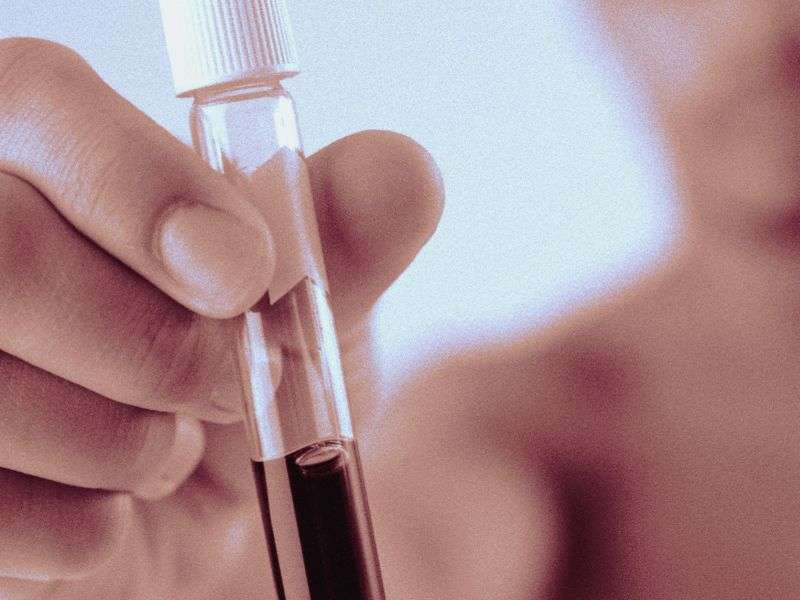(HealthDay)—More interventions are needed to meet the target of hepatitis C virus (HCV) elimination, defined as a 90 percent reduction in prevalence by 2020, in the country of Georgia, according to research published in the July 28 issue of the U.S. Centers for Disease Control and Prevention's Morbidity and Mortality Weekly Report.
Noting that in April 2015, Georgia embarked on the world's first program to eliminate HCV, with technical assistance from the U.S. Centers for Disease Control and Prevention, Muazzam Nasrullah, M.D., Ph.D., from the CDC in Atlanta, and colleagues present the progress toward this goal.
Through partnership with Gilead Sciences, the country committed to identifying infected individuals and linking them to care and curative antiviral therapy. The researchers found that 27,595 persons initiated treatment from April 2015 through December 2016, and 71.7 percent completed treatment. Overall, 84.1 percent of the 6,366 persons tested for HCV RNA ≥12 weeks after completing treatment had no detectable virus in their blood, indicating sustained virologic response. The peak number of persons initiating treatment occurred in September 2016 at 4,595, and subsequently decreased in October to December.
"Broader implementation of interventions that increase access to HCV testing, care, and treatment for persons living with HCV are needed for Georgia to reach national targets for the elimination of HCV," the authors write.
Gilead Sciences had no role in the conduct of the research or preparation of the report.
More information: Abstract/Full Text
Journal information: Morbidity and Mortality Weekly Report
Copyright © 2017 HealthDay. All rights reserved.
























